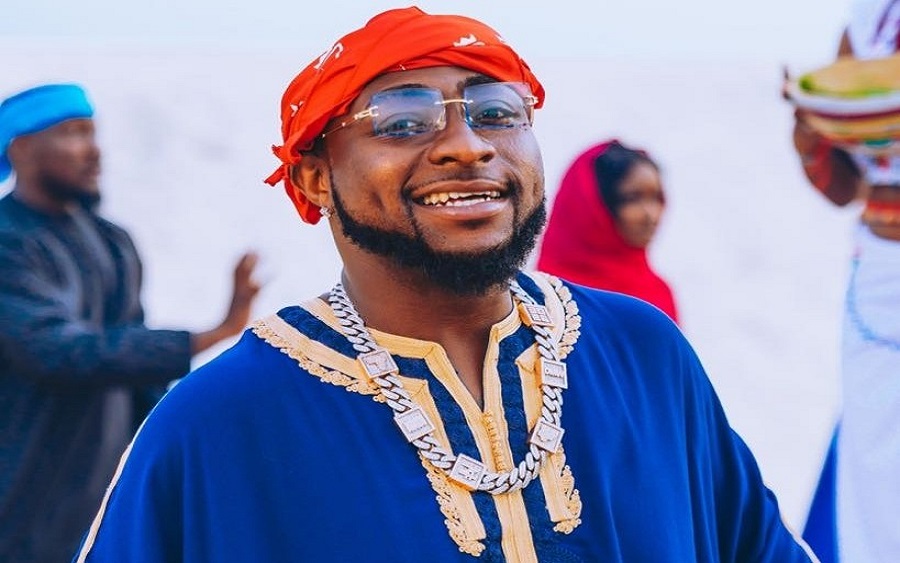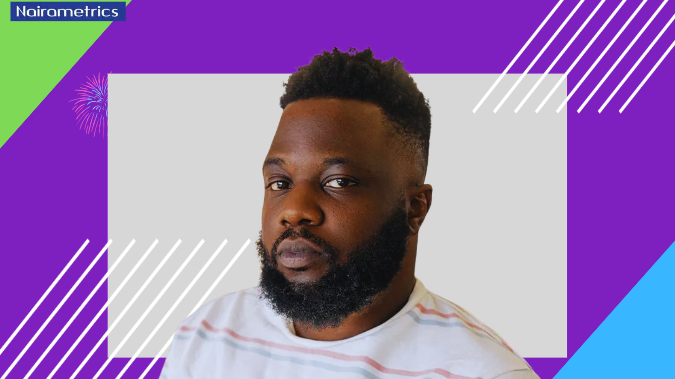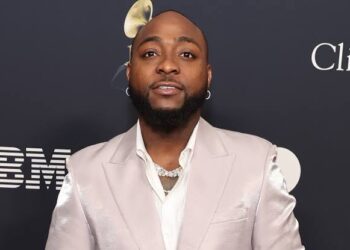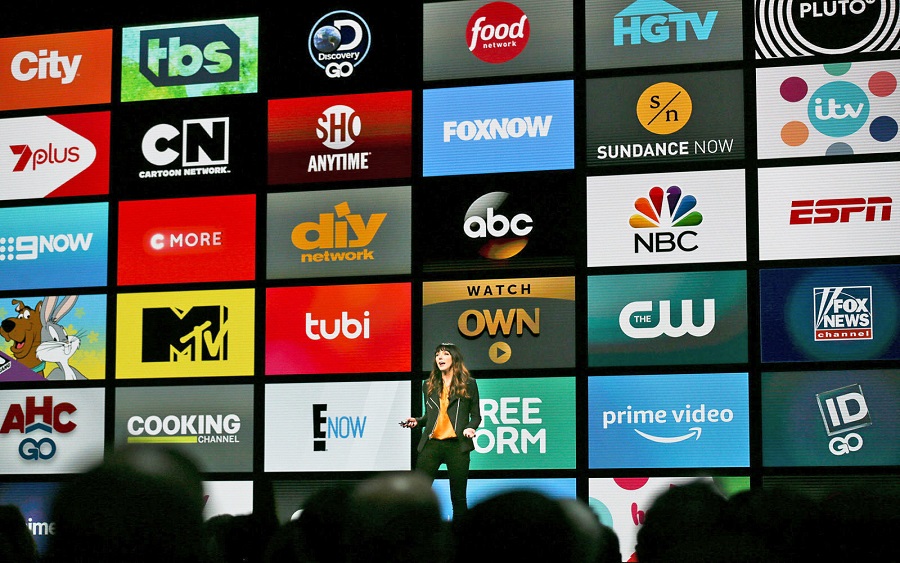The Nigerian music industry has come a long way, from the early times of Afrobeat patriarch, Fela Kuti, King Sunny Adé, Oliver De Coque, and William Onyeabor to the present-day stars like Wizkid, Davido, Burna Boy, Tiwa Savage, and Rema, it has continually evolved while consistently crossing the country’s borders into other parts of the world.
Nigeria’s music industry has been on a winning streak, for example, streaming giant Spotify revealed that revenues generated by Nigerian artists on its platform reached N11 billion ($14 million) in 2022. By 2023, that figure had surged to N25 billion, marking an over 100% year-on-year increase in streaming revenue.
Furthermore, the National Bureau of Statistics reported that motion pictures, sound recording, and music production constituted a significant portion of the arts and entertainment industry’s contribution to the country’s GDP. Specifically, these sectors represented 82.16%, equating to N1.62 trillion, of the N1.97 trillion generated by the arts and entertainment industry. At an exchange rate of N896 as of December 31, 2023 this equates to an industry worth of about $1.81 billion.
While these numbers may seem modest compared to more developed markets, the potential for exponential growth has drawn the attention of major international music conglomerates. These global players have made significant inroads into Nigeria’s music industry by partnering with local record labels and signing recording contracts with popular local artists.
This influx has significantly enhanced production values, benefiting consumers, but has also escalated production costs, challenging creatives. As a result, the role of effective record label management has become more critical than ever.
In the intricate ecosystem of the music industry, record labels and artists are indispensable partners who serve as incubators, supporting emerging artists by providing financial assistance for creation, distribution, and marketing.
As the industry moves towards contributing significantly to the entertainment sector’s projected $15 billion outlook by 2025, the influence of record label CEOs becomes increasingly pivotal. In no particular order here are 10 record label CEOs driving the Nigerian music industry forward by enabling talents and scouting diamonds in the rough.
Tunji Balogun is widely acknowledged as one of the most successful and respected creative executives in the music industry today. Over his 17-year career, he has worked with artists such as Bryson Tiller, Childish Gambino, Goldlink, Khalid, and Wizkid. His career includes a significant tenure at Interscope Records as an A&R executive from 2007 to 2015.
Balogun has recently returned to Universal Music Group (UMG) and is now based in Los Angeles, reporting directly to UMG Chairman & CEO, Sir Lucian Grainge. In his new role, Balogun has been instrumental in reshaping the label’s roster by signing talents like Muni Long, Coco Jones (in partnership with High Standardz), and Armani White. He has also expanded UMG’s reach into dancehall with Masicka and Afrobeats with Adekunle Gold and Odumodublvck, in partnership with Native Records.
His efforts have borne fruit: Muni Long and Coco Jones were nominated for Best New Artist at the Grammy Awards in 2023 and 2024, respectively, with both winning Best R&B Performance in subsequent years—a first for any label in that category. Balogun’s strategic vision and commitment to artist development continue to make a significant impact in the music industry.























